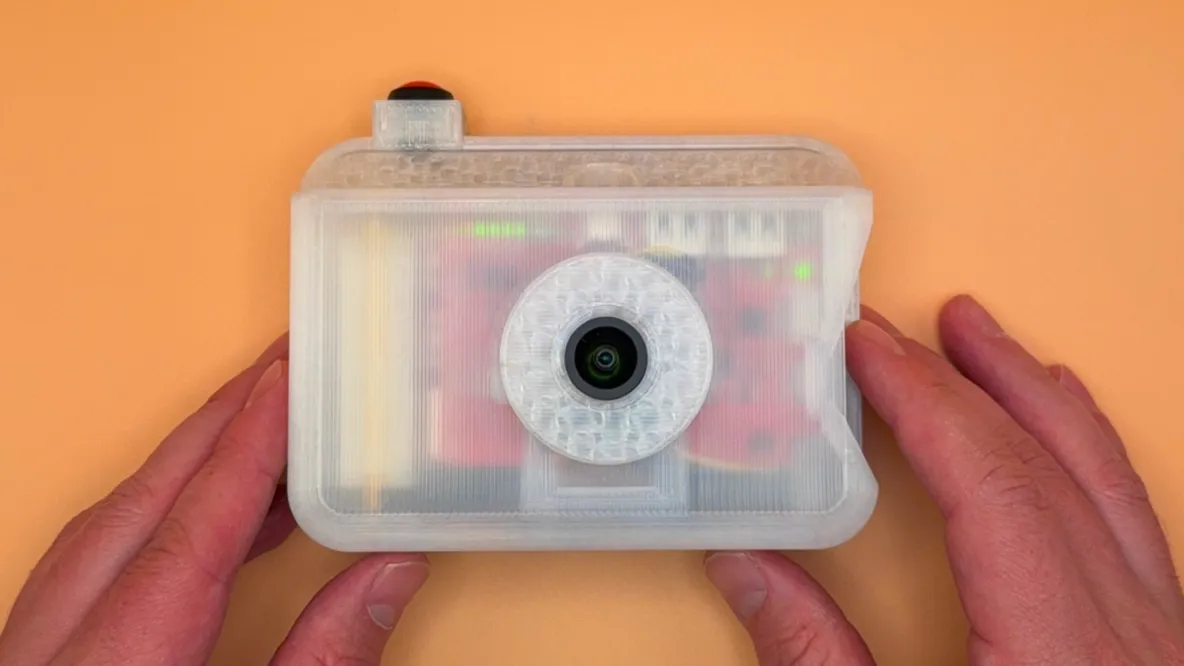Meet Roc: A Camera Designed to Fight AI-Generated Fakes
A developer known as faust_machines has unveiled the Roc camera, a new device that uses cryptographic proofs to certify the authenticity of photographs. The project aims to provide a reliable way to distinguish genuine images from increasingly sophisticated AI-generated fakes.

Under the Hood
- Core: Built on a Raspberry Pi with 4GB of RAM.
- Display: A 4-inch, 720x720 pixel IPS touchscreen.
- Sensor: A 16MP Sony IMX519 CMOS module with a 122° field of view.
- Power: A 4000 mAh battery.
- Body: A custom 3D-printed case.

Cryptographic Verification
The camera’s key feature is its authentication system, which is based on Zero-Knowledge (ZK) proofs. This algorithm uses a combination of raw sensor data and metadata to create a cryptographic seal for each photo. A corresponding Roc Photo SDK allows anyone to verify whether an image was genuinely captured by a Roc camera or if it has been altered or generated.

A Cool Idea with Flawed Execution?
While the concept has been praised online, the implementation has drawn criticism. Community feedback has highlighted several potential issues:
- The choice of a Raspberry Pi is seen as bulky and unoptimized compared to a custom hardware solution.
- The Sony IMX519 sensor is considered more suitable for hobbyist projects than professional photography.
- The official Roc landing page notably lacks any sample photos taken with the camera, raising questions about image quality.

Pricing and Availability
The Roc camera is available for purchase for $400, with an estimated delivery time of up to two weeks.